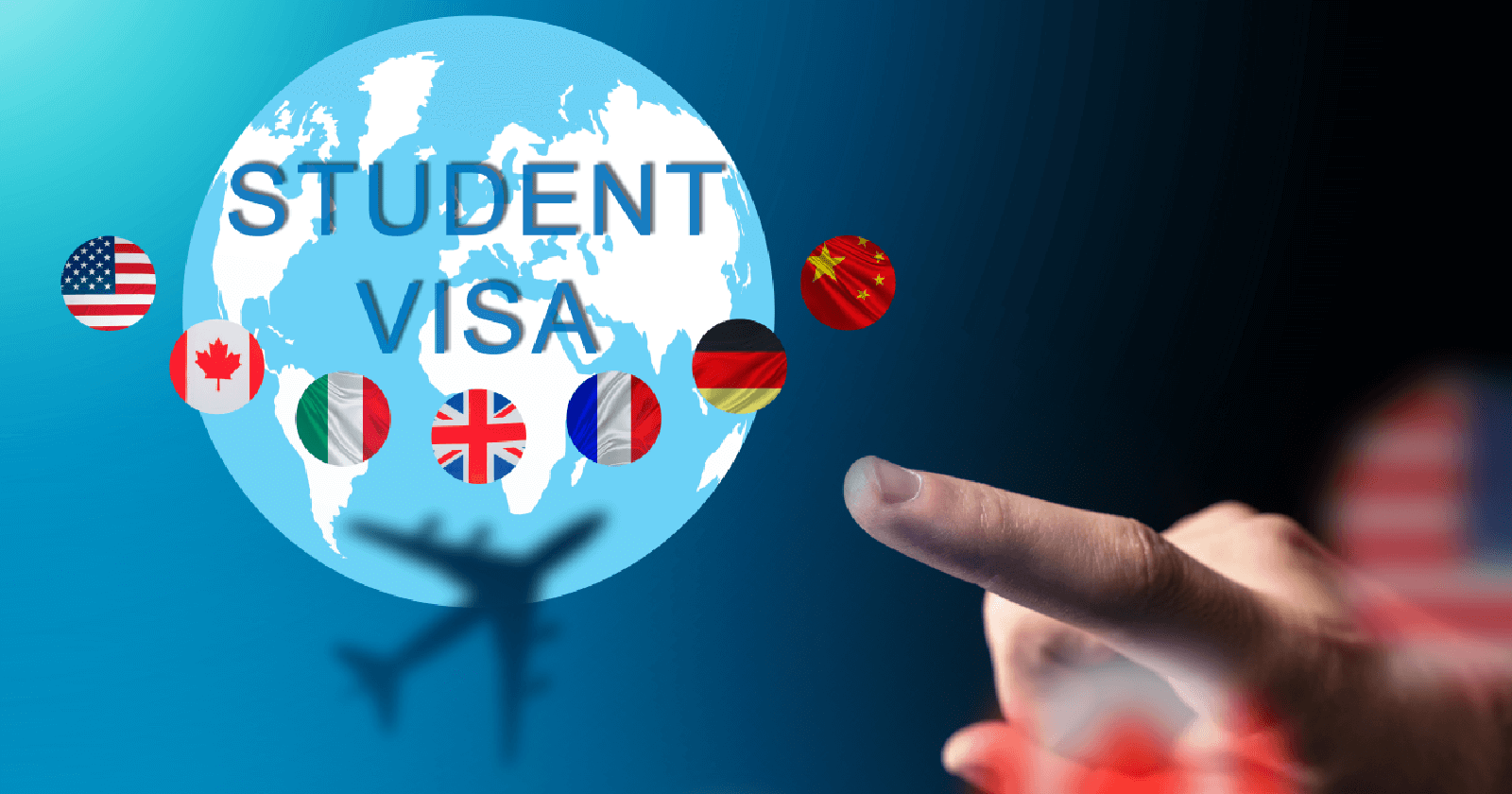
A student visa is an endorsement on a student’s passport that allows them to study at an educational institution in a foreign country. The specific requirements and processes vary depending on the country, but generally, the following points apply to most student visas:
Types of Student Visas
General Requirement:
Application Process
Important Considerations
Tips for a Successful Application
Each country has its own specific requirements and procedures, so it’s important to check the official immigration website of the country where you plan to study for detailed and up-to-date information.
Countries We Cover:
→ Australia, Canada, USA, Japan, China, South Korea, Malaysia, UAE, Belgium, etc.
General Required Document:
Schengen Countries:
→ Germany, Spain, France, UK, Netherlands, Italy, Poland, Finland, Sweden, Norway, Denmark, etc.
Required Document:
Visa Application Form:
Completed and signed Schengen visa application form.
Passport:
Valid passport with at least two blank pages. Passport must be valid for at least three months beyond the intended departure from the Schengen Area. Copy of previous visas (if applicable).
Photographs:
Two recent passport-sized photographs that meet Schengen visa photo requirements (size, background color, etc.).
Proof of Enrollment:
An official letter of acceptance from the educational institution in the Schengen country.
Proof of Financial Means:
Evidence that you have sufficient financial resources to cover your living expenses during your stay. This can include: Bank statements for the last three to six months. Scholarship or grant letters. Proof of sponsorship, including a sponsorship letter and the sponsor’s bank statements.
Proof of Accommodation:
Documentation showing where you will be staying during your studies, such as a dormitory reservation, rental agreement, or invitation letter from a host.
Travel Itinerary:
Detailed travel plans, including flight reservations (round trip).
Travel Medical Insurance:
Proof of health insurance that covers medical expenses and emergencies for the entire duration of your stay in the Schengen Area. The insurance must cover at least €30,000.
Cover Letter:
A personal cover letter explaining why you are applying for the visa, the purpose of your studies, and your future plans.
Proof of Paid Visa Fee:
Receipt showing payment of the visa application fee.
Academic Documents:
Copies of your academic transcripts, diplomas, and certificates.
Language Proficiency Proof:
Proof of language proficiency in the language of instruction (e.g., TOEFL, IELTS for English, or other language certificates as required by the educational institution).
Proof of Civil Status:
Copies of your birth certificate, marriage certificate, or other relevant documents (if applicable).
Police Clearance Certificate:
A document proving you have no criminal record (may be required by some Schengen countries).
Medical Examination Report:
A health check report from a certified doctor (may be required by some Schengen countries).
We are leading Human Resource consultancy based in Dubai, UAE. Specializing in talent acquisition and visa services, we are dedicated to empowering businesses with skilled professionals while simplifying visa processes.
WhatsApp us